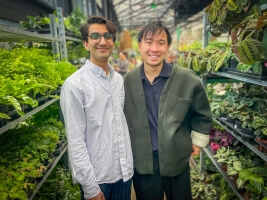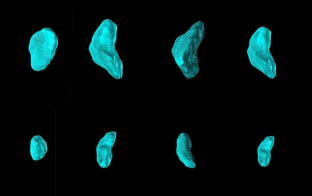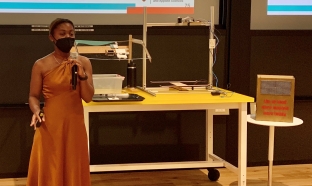Search Results
Allston
Harvard owns more land in Boston than in Cambridge, and the University’s footprint in the Allston neighborhood has rapidly expanded. SEAS is the primary occupant of the 500,000+ square foot Science and Engineering Complex (SEC). The SEC houses Bioengineering, Computer Science, Data Science, and Comp...

From Chip-Edge to Grid-Edge: Power Electronics as an Enabling Technology for Sustainable Development of Human Society
Power electronics is a core technology for future energy systems including data centers, transportation electrification, and distributed energy resources. The performance and functionality of power electronics in these systems critically impact the sustainable development of human society.
Minjie Chen (Princeton University)
to
Science and Engineering Complex (SEC) LL2.224
Climate Change - Centers & Initiatives
We are closely linked with a variety of multidisciplinary and innovative education and research institutes, centers, and initiatives.
Environmental Science & Engineering - Concentration Information
Environmental Science & Engineering is an interdisciplinary field that applies principles from other branches of engineering, the natural sciences, and mathematics to better understand and address environmental challenges. Students interested in environmental science and engineering study t...














